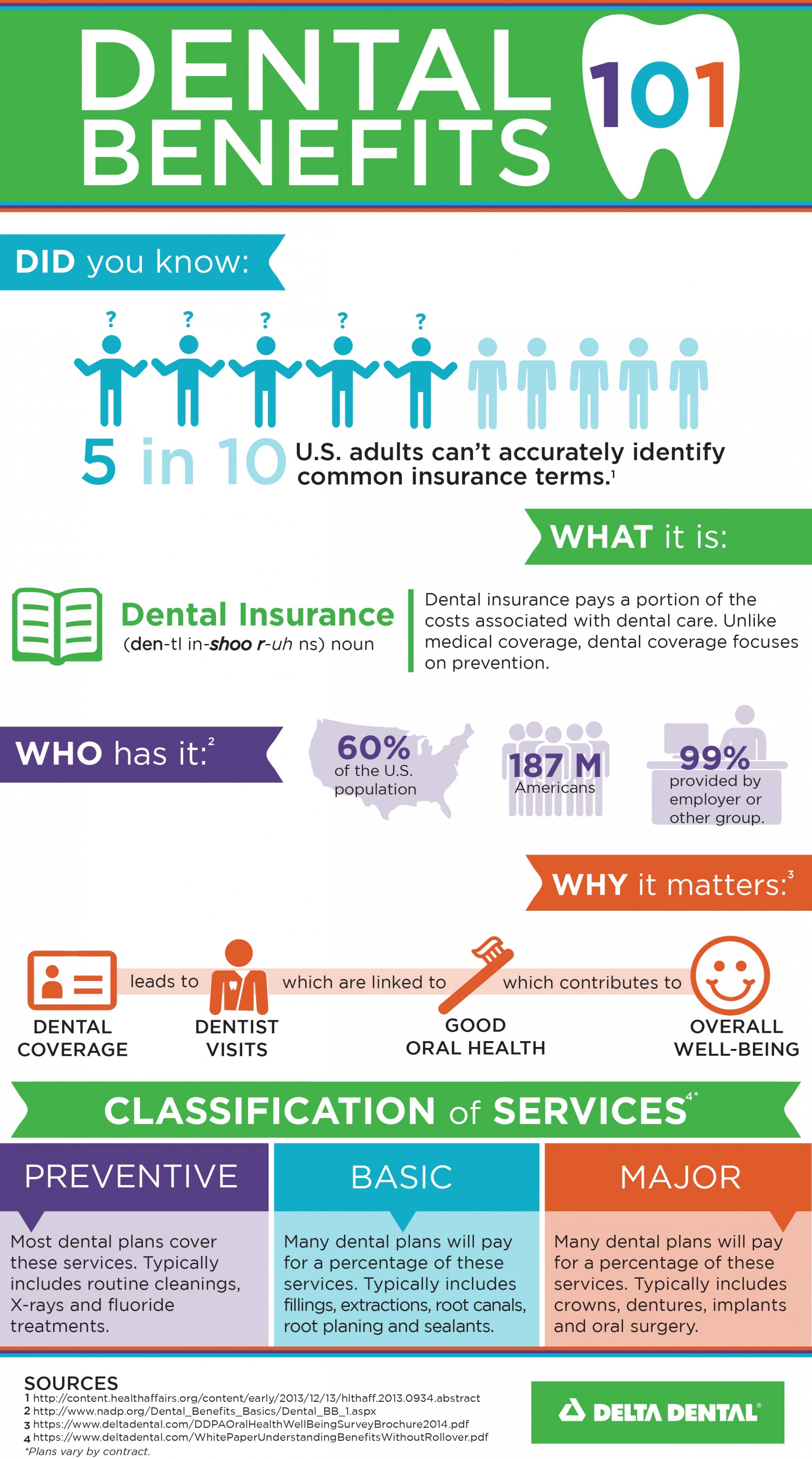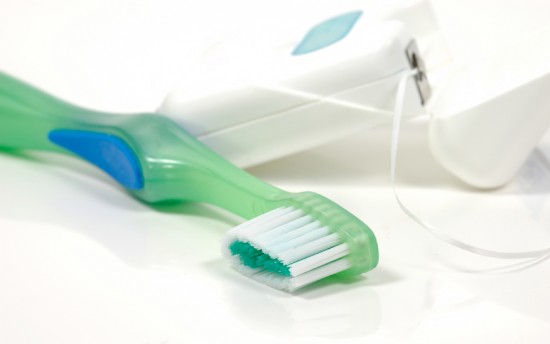
We know that insurance can be awfully confusing. So, to make sure you’re getting the most out of your plan we’re breaking down the insurance lingo with this easy-to-follow infographic.

Don’t stop learning! Continue onto our Insurance 102 and Insurance 103 Infographics to learn more. Still confused? Reach out to us on Facebook or Twitter and we would be happy to help!









